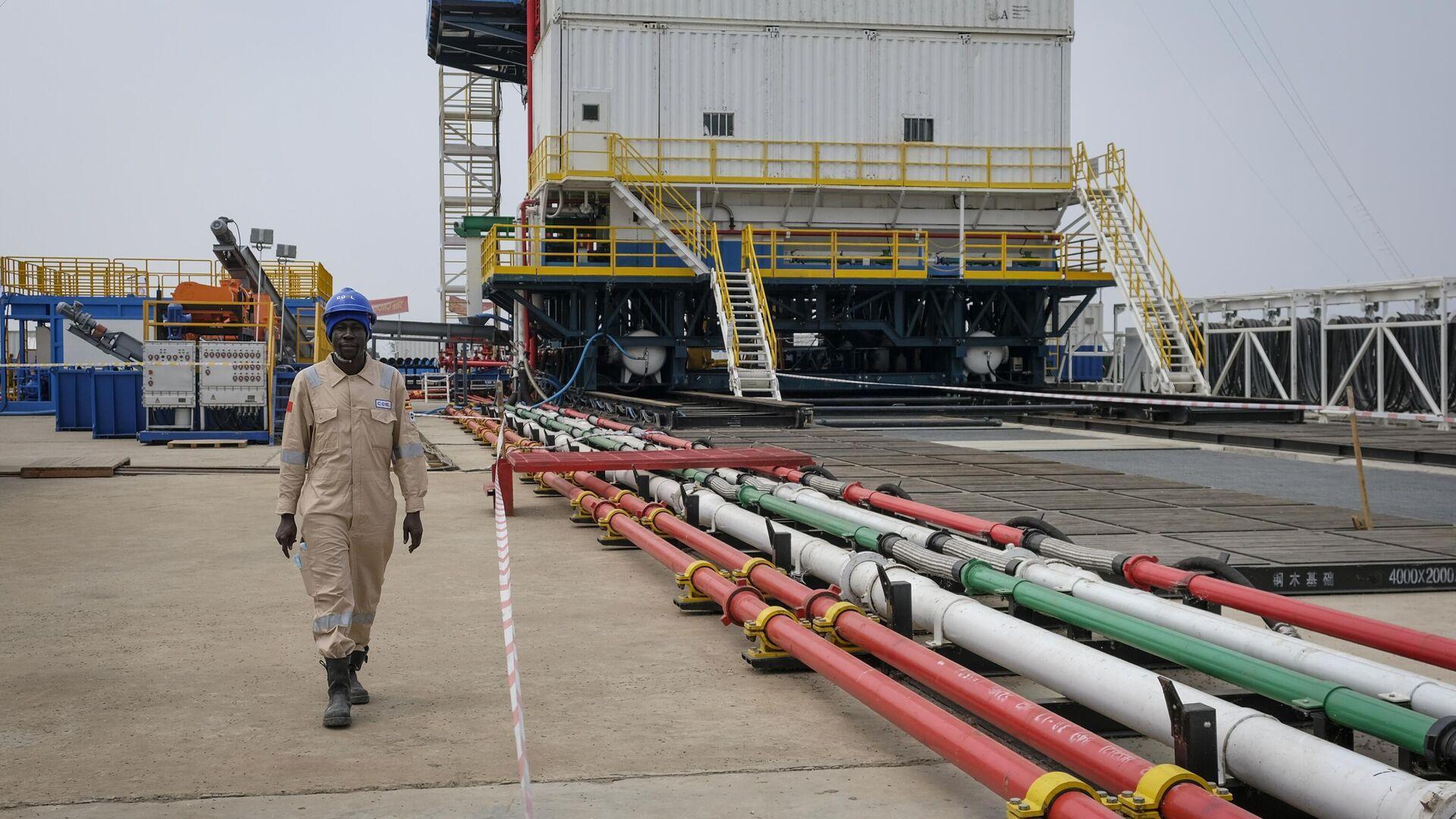Africa-Press – Lesotho. Improved seismic imaging and streamlined permitting processes are critical to unlocking Africa’s vast frontier oil and gas potential, energy executives from TotalEnergies and Chevron said at recent Africa Energy Week 2025.
Emmanuelle Garinet, Vice President of Exploration Africa at TotalEnergies, highlighted how advances in subsurface data are helping de-risk exploration in frontier basins.
Citing the company’s successful Venus well in Namibia, she said seismic and subsurface imaging allowed the company to go into new basins with much greater confidence.
“When we decided to drill the Venus well it was frontier, but we had a probability of success of more than 50 percent because of the seismic data and direct hydrocarbon indicators.”
She also noted the importance of regulatory efficiency.
She said TotalEnergies secured an exploration permit in under six months in the Republic of Congo and is preparing to drill by year-end.
By contrast, South Africa’s permitting delays – driven by legal challenges – are hampering investment.
She described the delays as “unacceptable,” given limited budgets for global exploration.
Chevron CEO Gavin Lewis echoed the call for better data infrastructure, noting that Africa lacks the multi-client, high-quality subsurface datasets that have enabled other regions like the Gulf of Mexico to repeatedly reinvent their upstream potential.
“Before you can do any AI-driven workflows, you need a dataset that illuminates what the subsurface looks like,” Lewis said.
“What Africa has lost is the ability to sponsor multi-client subsurface datasets. The only basin that allows for large, regional high-quality datasets is the Gulf of America, which has allowed that basin to reinvent itself multiple times.”
Ritchie, bp’s VP of Exploration, said the company recently completed Egypt’s first deepwater ocean-bottom node seismic survey in the Nile Delta and plans to expand multi-client data coverage across the region.
Oil and gas exploration spending in Africa rose by $6 billion in 2024, with capital expenditure across the sector projected to reach $54 billion by 2030.
For More News And Analysis About Lesotho Follow Africa-Press






